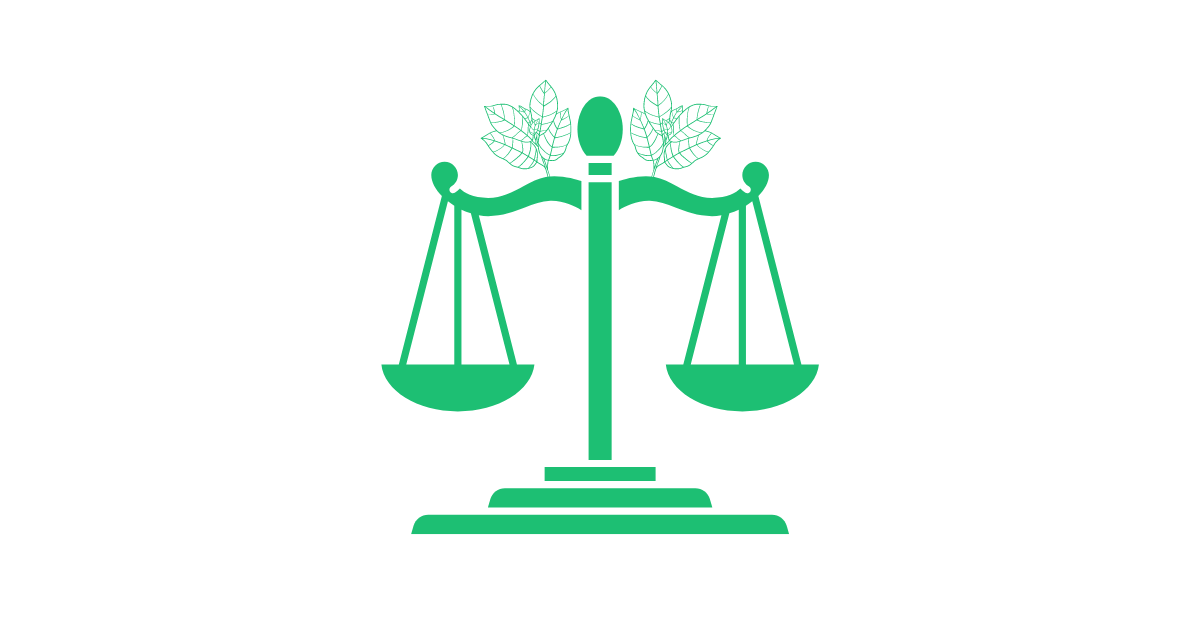Navigating Kratom Legality: What You Need to Know!

Introduction: In recent years, Kratom has become a topic of interest for many, offering a range of experiences based on its traditional use in Southeast Asia. However, its legal status is a complex and evolving issue. At our company, we prioritize informing our customers about the legal aspects of Kratom. It’s crucial to understand that while Kratom is legal in some places, it faces restrictions or bans in others. This blog aims to provide a general overview of Kratom’s legal landscape, but we always recommend checking your local state laws before making a purchase.
Understanding Kratom’s Legal Status
- Global Perspective: Kratom’s legal status varies significantly around the world. In some countries, it is entirely legal, while others have strict regulations or outright bans.
- United States: In the U.S., Kratom’s legality varies from state to state and even within counties and cities. While federally not classified as a controlled substance, some states have their own regulations regarding its sale, possession, and use.
- Legality vs. Regulation: It’s important to differentiate between legality and regulation. Some regions might allow the use of Kratom but have regulations regarding its purity, age restrictions for purchase, or labeling requirements.
Why Does Legality Vary?
- Research and Regulation: The varying legality often stems from differing levels of research, public opinion, and regulatory decisions based on those factors.
- FDA Stance: The FDA has not approved Kratom for any medical use and has raised concerns about its safety and potential for abuse. Their recommendations play a significant role in how local laws are shaped.
How to Stay Informed
- Check Local Regulations: Always verify the legal status of Kratom in your specific area. Laws can change, so it’s vital to have the most current information.
- Stay Updated: Follow news and updates from reliable sources. Joining Kratom advocacy groups can also provide insights into legal changes and efforts.
Conclusion: At our company, while we offer a range of Kratom products, we are committed to responsible usage and adherence to legal guidelines. Understanding the legal landscape is a key part of being a responsible Kratom consumer. We encourage all potential buyers to thoroughly research and comply with local laws regarding Kratom.
Disclaimer: This content is provided for informational purposes only and is not intended as legal advice. Kratom is not approved by the FDA, and its safety and efficacy are not established. We do not endorse or encourage the use of Kratom where it is illegal or regulated.
